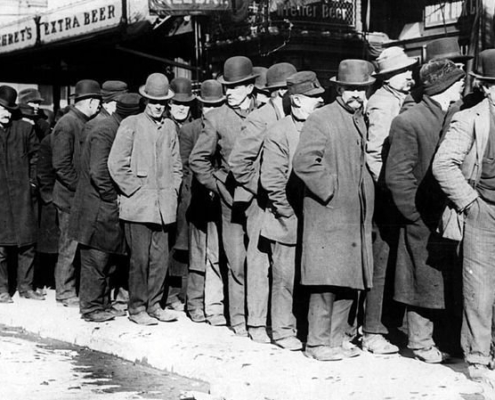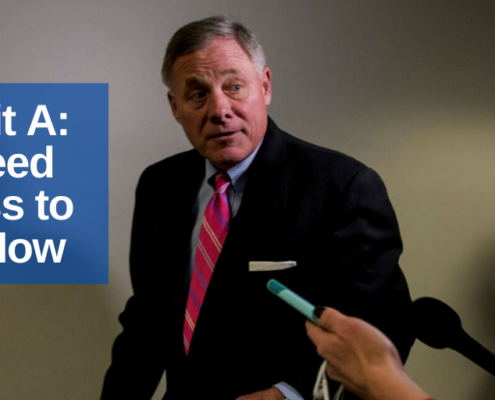Pioneer Checklist Includes Steps for Policy Makers, Business Owners to Revitalize Hardest-Hit Industries
BOSTON – Combining the recommendations of studies published earlier this year, Pioneer Institute has released “A Checklist for How to Revitalize the Industries Hit Hardest by COVID-19.”
“Together with public health, safely restoring economic activity and employment are of paramount urgency to the people of Massachusetts,” said Pioneer Executive Director Jim Stergios. “This checklist includes steps policy makers and business owners can take toward achieving that goal as quickly as possible.”
The recommendations for policy makers are organized in three sections: Immediate Relief, Tax Policy Changes and Permanent Reforms. Business owner recommendations are split into COVID-19 Health and Safety Protocols, Expanded Services and Steps to Improve Cash Flow.
Policy Makers
Among the ways policy makers can provide immediate relief is for state government to redirect funding from some federal grant programs to address immediate COVID-related needs. Local policy makers could allow food delivery, curb-side pick-up and drive-through arrangements by-right, and give local officials the authority to alter street design to facilitate these uses.
Tax changes include expanding and extending federal tax deductions and credits on capital and inventory purchases, as well as COVID-related spending; and enacting reforms that permanently redirect certain revenue streams to state stabilization funds.
National investment in upgrading broadband networks, particularly in rural America, and reducing certain state licensing requirements for blue-collar occupations are among the permanent reforms recommended.
Business Owners
Recommended COVID-19 health and safety protocols include investing in touchless payment options, personal protective equipment for staff, online tools, self-checkout and other reforms that address customers’ COVID concerns. Business owners should also post transparent summaries of implemented safety procedures at customer-facing points, including online.
Flexible deposits and cancellations for bookings/appointments as practicable, and partnering with similar businesses on gift card programs and promotional offers are among the steps business owners can consider to improve cash flow.
The recommendations are drawn from “Public Policy Guide for Economic Recovery from COVID-19 in the Retail and Hospitality Sectors” by Rebekah Paxton, Andrew Mikula and Greg Sullivan, which was published in July, and “The Long View: A Public Policy Roadmap for Saving Small Businesses During the COVID-19 Recovery Period” by Paxton and Mikula, which was published in September.
Mission
Pioneer Institute develops and communicates dynamic ideas that advance prosperity and a vibrant civic life in Massachusetts and beyond.
Vision
Success for Pioneer is when the citizens of our state and nation prosper and our society thrives because we enjoy world-class options in education, healthcare, transportation and economic opportunity, and when our government is limited, accountable and transparent.
Values
Pioneer believes that America is at its best when our citizenry is well-educated, committed to liberty, personal responsibility, and free enterprise, and both willing and able to test their beliefs based on facts and the free exchange of ideas.
Get Our COVID-19 News, Tips & Resources!
Related Posts:






